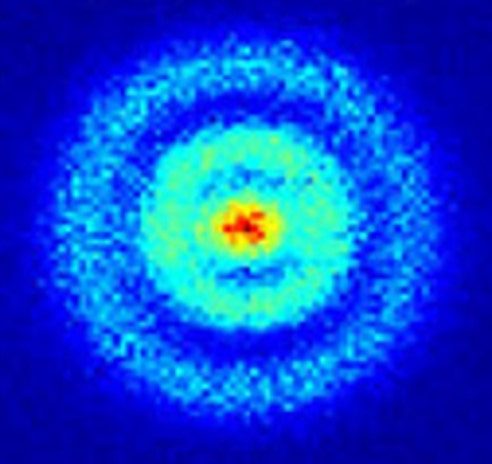Climate Crisis alarmists tout yet another avenue by which renewable energy could replace reliable fossil fuel-sourced energy: hydrogen, ‘H2’. However, typical with alternative energy proposals, there are numerous problems with the widespread integration of this option in future energy production, distribution and consumption.
The first problem is producing H2. The current, and most cost-effective way, is from natural gas’s main component, methane. Natural gas, while not demonized like oil or coal, is still reviled by Climate activists, since the common byproduct is carbon dioxide, thus requiring expensive sequestration. An experimental carbon-removal process – pyrolysis, produces carbon nanotubes.
With methane out, the next hydrogen source is via electrolyzing water; using electricity to separate H2O into hydrogen and oxygen. The oxygen would either be recovered for commercial use or released into the atmosphere. However, hydrolysis is costly.
The equipment is expensive, and the energy required to produce the electricity is not cheap either – even if renewable energy sources, such as wind, solar and hydro, are used. There are predictions that H2 produced this way could become cost-competitive with methane-derived H2 by 2030, but using methane is not costless.
Indeed, advocates argue that intermittent wind and solar output would become reliable – ‘smoothed’ – by using hydrogen, as a storage and supply-levelling medium. The stored H2 would then generate electricity during dark or non-windy conditions. H2 has other uses, in smelting, or aluminum, steel, cement, glass and other high temperature industries.
Hydrogen seems feasible: it burns cleanly at a high temperature. However, that brings more issues.
The first problem is handling and transporting hydrogen. H2 dangerously weakens most standard high strength steel alloys in existing natural gas gathering and distribution systems, pipelines, storage and tank farms, in a process called hydrogen embrittlement. Hence, special alloys are needed. These cannot cost-effectively be retroactively deployed in existing natural gas distribution systems and pipelines. They would have to be entirely replaced, although these alloys are cheaper than legacy ones.
H2 has another problem. To be stored, must either be expensively cooled and pressurized to liquify it; or, if still gaseous, use expensive high pressure vessels. If H2 is not highly pressurized, then the vessels could be much larger, but that would increase materials costs and require more costly land area.
A reminder: natural gas goes from wellhead to customers with minimal storage. The goal of using renewables is to produce H2 for storage – and use during dark or calm periods – which could last days, as Texas and Germany discovered, disastrously.
Using H2 in transportation is impractical. H2 has low energy density, requiring, as noted, either highly-pressurized storage or expensive cooling, liquefaction and storage: unfeasible for motor vehicles. There is presently no H2 fuel distribution system. This would also have to be built, along with the aforesaid new pipelines.
Hundreds of billions of dollars are now invested in legacy natural gas pipelines, gathering and distribution systems. Replacing them, or building a parallel system, would be profoundly expensive, for no real gain.
Hydrogen makes no sense now; it may never do so, as it is an expensive redundancy. There are more details in a new Frontier Centre backgrounder “Why We Should be Skeptical of the Hydrogen Economy”.
Ian Madsen is the Senior Policy Analyst at the Frontier Centre for Public Policy.



